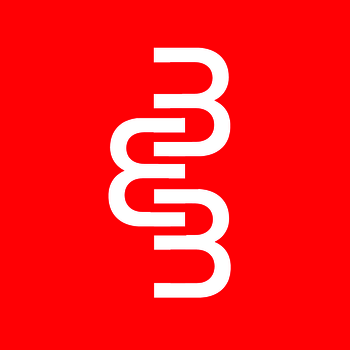Transparency is key for successful urban development and participation processes - over the past few years, the BBBlockchain project has used real construction projects to investigate whether blockchain technologies can improve engagement and transparency in participation processes. The Berlin housing associations Gewobag and degewo, the Einstein Center Digital Future and the Technical University of Berlin participated in the project. The results of the project are now available in a //final report.
BBBlockchain examined existing participation formats and designed them as blockchain-based use cases. These use cases were implemented together with degewo and Gewobag in two construction projects in Berlin. In the process, the first project phase started exclusively with information on construction progress and the publication of news in order to increase transparency and bring multiple stakeholders onto one platform. Under real conditions, BBBlockchain became part of the ongoing participation process on the Kietzer Feld in Köpenick; residents* of the Bülow90 construction project in Schöneberg were asked about their opinion and expectations for the future of the construction project. In the second phase of the project, BBBlockchain investigated the potential of blockchain tokens, a type of credit that can be collected by participating in the participation process. The reach of the survey is increased by implementing token-based incentives, so that residents receive a blockchain token for their participation, which they can exchange for a free coffee.
The project's final report discusses the lessons learned in detail; for ECDF professor Florian Tschorsch, one of BBBlockchain's project leaders, a key benefit is the development of new target groups through digital services, "We were able to reach a new target group through the BBBlockchain app. This does not necessarily have to do with the blockchain technology, but with the provision of an additional digital communication channel. However, the digital token was only redeemed in 6% of cases and serves rather less as an incentive," says Tschorsch.
More information on the project //here

